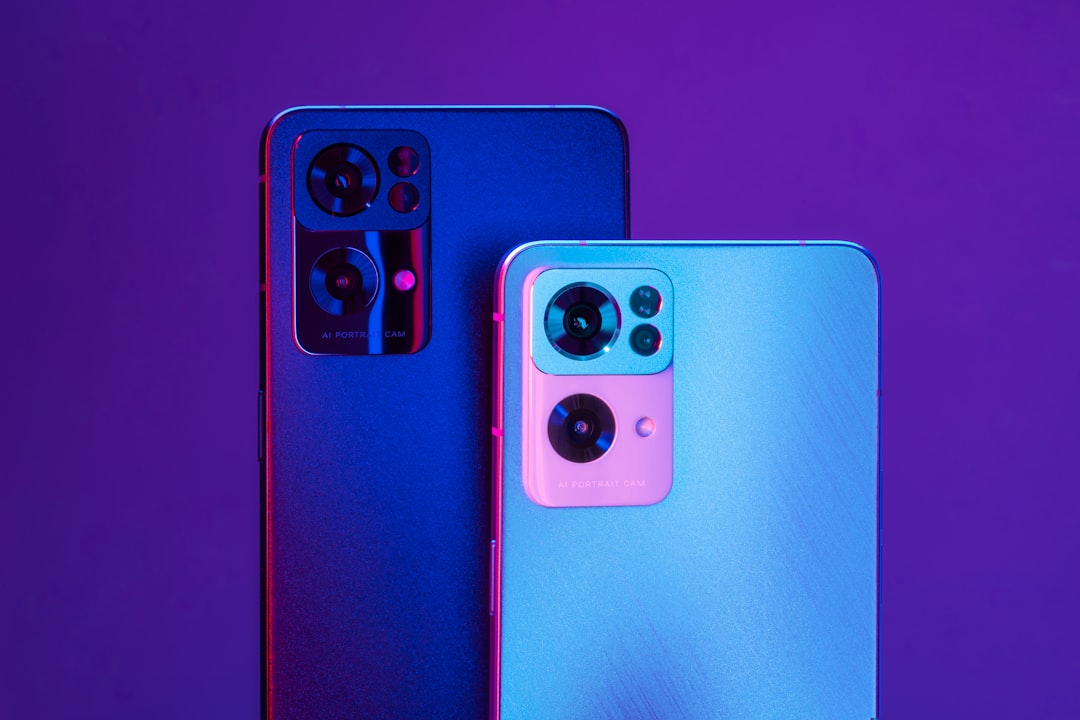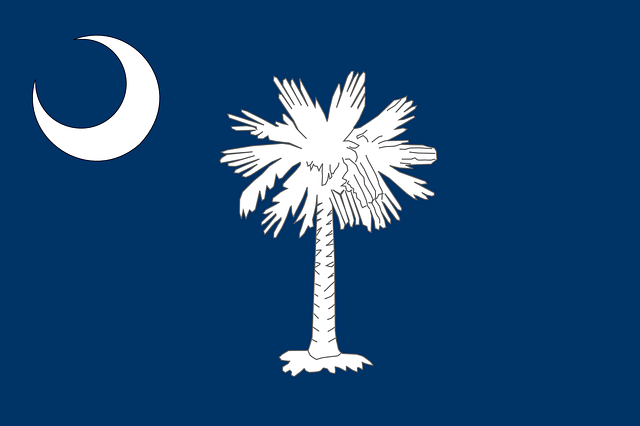In Charleston, robocalls from scammers posing as government or healthcare agencies have become a major problem, impacting residents' lives. A Robocall Lawyer in South Carolina is crucial for navigating this issue. They educate citizens about their rights under the Telephone Consumer Protection Act (TCPA), help block calls, and advocate for stricter regulations. By engaging with local legislators and using legal expertise to close loopholes, these lawyers can drive policy changes to protect South Carolinians from unwanted robocalls.
In Charleston, like many areas across the nation, robocalls have become a persistent and frustrating nuisance. These automated calls, often for marketing purposes, can be difficult to block and are sometimes used for fraudulent activities. This article explores how residents of South Carolina, with the help of a Robocall Lawyer SC, can advocate for stronger protections against these unwanted intrusions. By understanding the current legal landscape, engaging with legislators, and taking direct action, we can make Charleston a safer and quieter place.
Understanding the Robocall Problem in Charleston

In Charleston, like many cities across the country, robocalls have become a persistent and frustrating issue for residents. These automated phone calls, often promoting products or services, can be annoying and invasive. What’s more, they sometimes masquerade as legitimate communications from government agencies or healthcare providers, making it hard for people to distinguish between genuine calls and scams. The volume of robocalls has skyrocketed in recent years, with many Charleston residents reporting daily encounters that disrupt their personal and professional lives.
Charleston residents face unique challenges when it comes to robocalls due to the city’s popularity as a tourist destination and its growing tech sector. Scammers target areas with high populations, leveraging automated dialers to make thousands of calls per day. A Robocall Lawyer in South Carolina plays a crucial role in navigating these complex issues. They help residents understand their legal rights, explore blocking options, and take collective action to pressure telecommunications companies and policymakers for stronger robocall protections.
The Legal Framework for Combating Robocalls in South Carolina

In South Carolina, the legal framework for combating robocalls is primarily governed by state and federal regulations. The Telephone Consumer Protection Act (TCPA) serves as a crucial piece of legislation, providing robust protections against unwanted phone marketing calls, including robocalls. As a Robocall Lawyer in South Carolina, understanding these laws is paramount to advocating for stronger protections.
The TCPA authorizes individuals to sue for damages when they receive prerecorded or automated calls without prior consent. This includes both interstate and intrastate calls. In South Carolina, the state’s public utility commission also plays a role by regulating telephone solicitation practices within the state. Working with a Robocall Lawyer in South Carolina can help navigate this legal landscape to ensure that residents’ rights are protected and abusers face consequences for their actions.
Strategies for Effective Advocacy: Engaging with Legislators and Regulators

To effectively advocate for stronger protections against robocalls in Charleston, engaging with legislators and regulators is a crucial step. Reach out to your local representatives, including state senators and house members, to express your concerns about the impact of robocalls on residents’ lives. Explain the frustration and disruption caused by these automated calls, emphasizing the need for stricter regulations. Many Robocall Lawyer South Carolina have already been advocating for such measures, and your voice can add to this collective effort.
Schedule meetings or attend town hall events to directly engage with legislators. Prepare concise, data-driven arguments highlighting the prevalence of robocalls in Charleston and their negative effects on mental health, productivity, and overall quality of life. Offer specific proposals for legislation that could mitigate these issues, such as enhanced caller ID systems, stricter do-not-call list enforcement, or even fines for violators. By actively engaging with decision-makers, you can foster a dialogue that may lead to meaningful policy changes.
Taking Action: What You Can Do as a Robocall Lawyer in SC to Make a Difference

As a Robocall Lawyer in South Carolina, you have the power to make a significant impact on protecting residents from intrusive robocalls. Taking action involves several strategic steps. Firstly, stay updated with the latest regulations and laws regarding robocalling practices. Stay informed about any changes or loopholes that might arise, as this knowledge will enable you to offer robust legal advice to clients.
Secondly, engage in community education. Organize workshops or seminars to raise awareness about robocall issues and available legal remedies. Educating folks on how to block or report unwanted calls can empower them to take charge of their communication experiences. Additionally, consider collaborating with local authorities and consumer protection agencies to advocate for stricter enforcement against violators, ensuring a safer environment for all South Carolinians.






